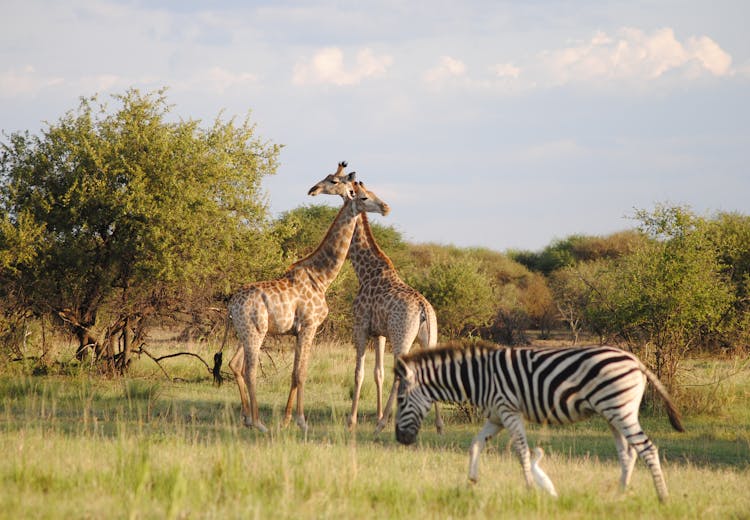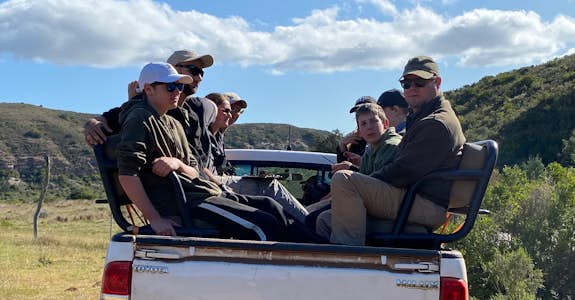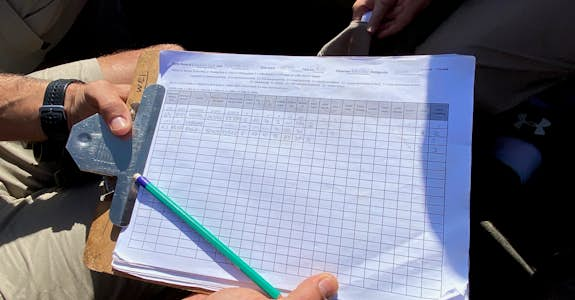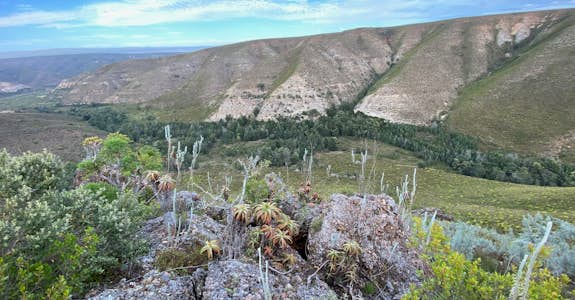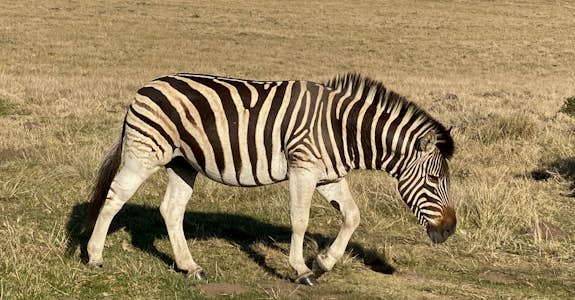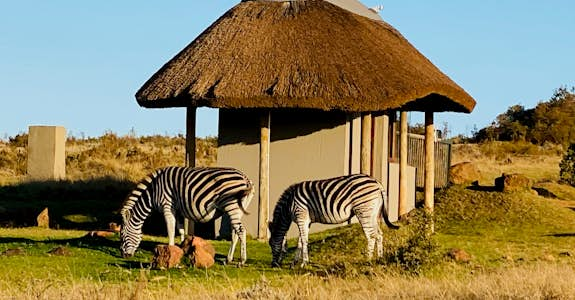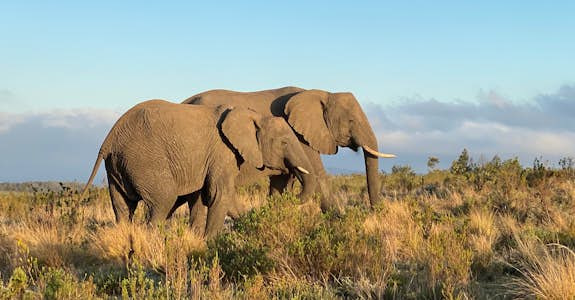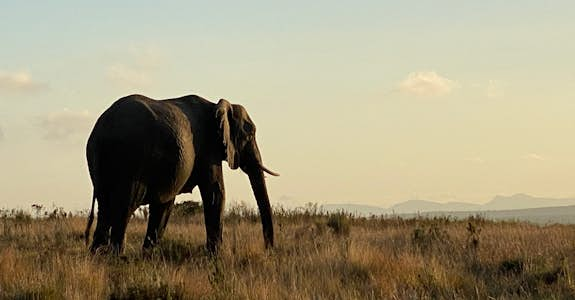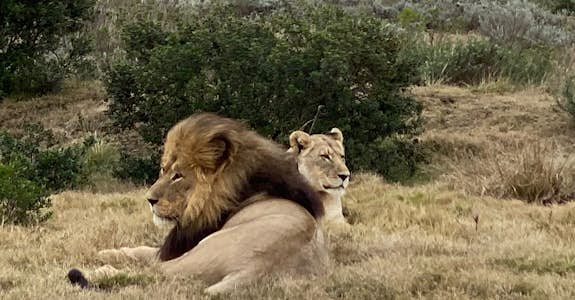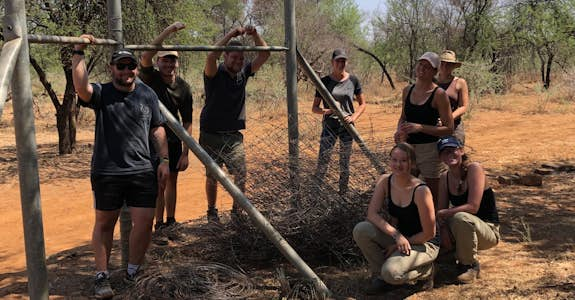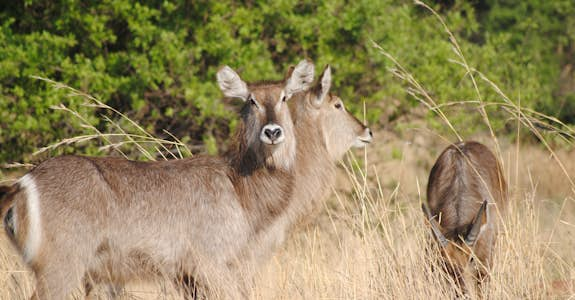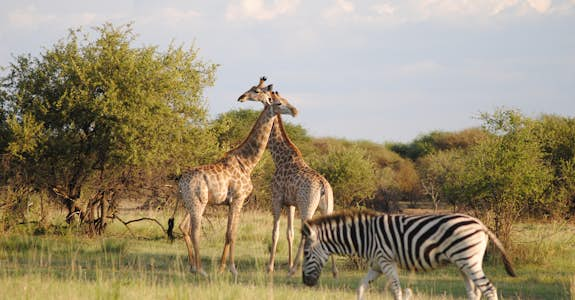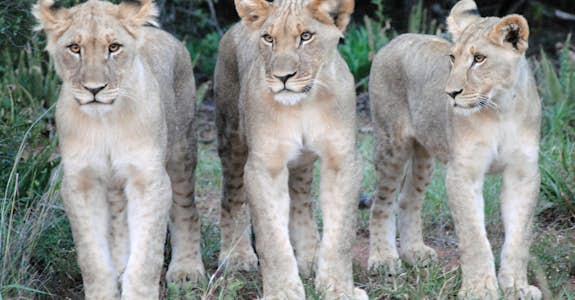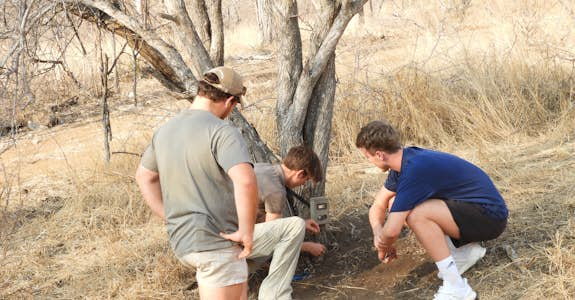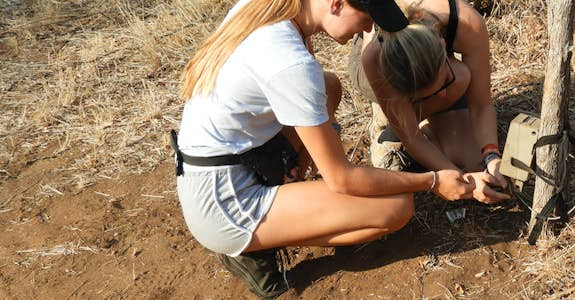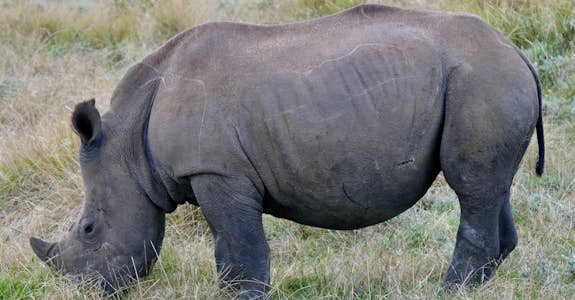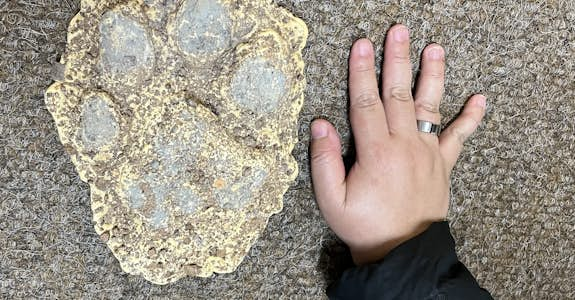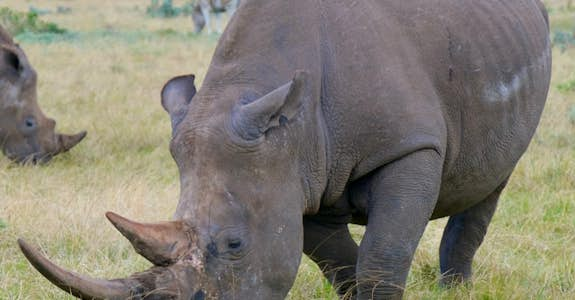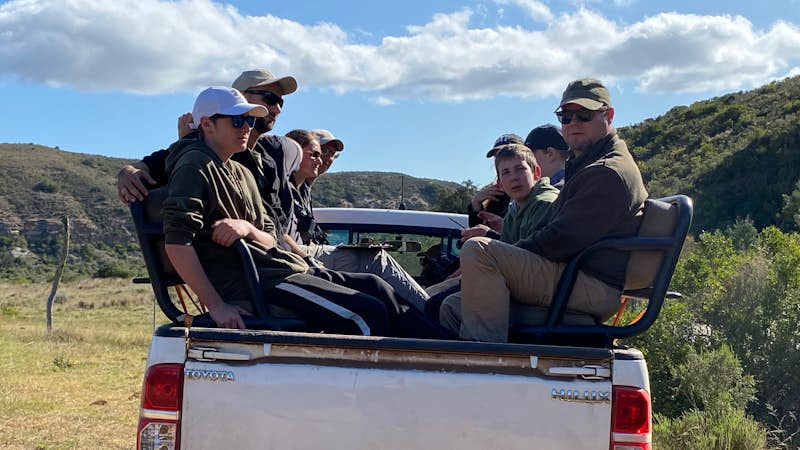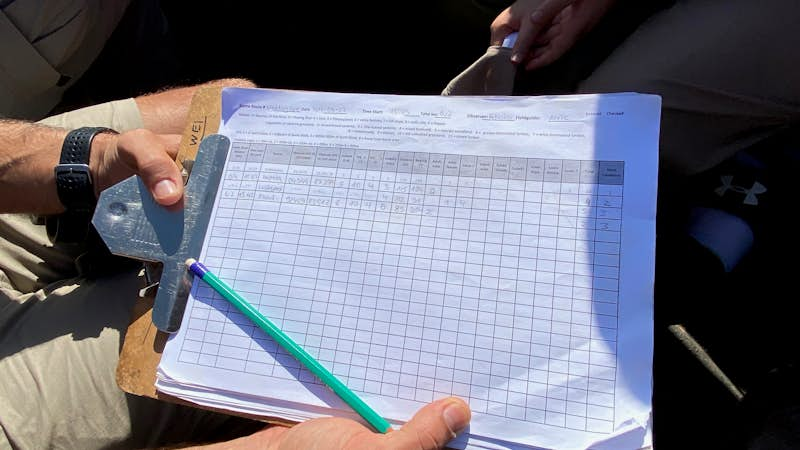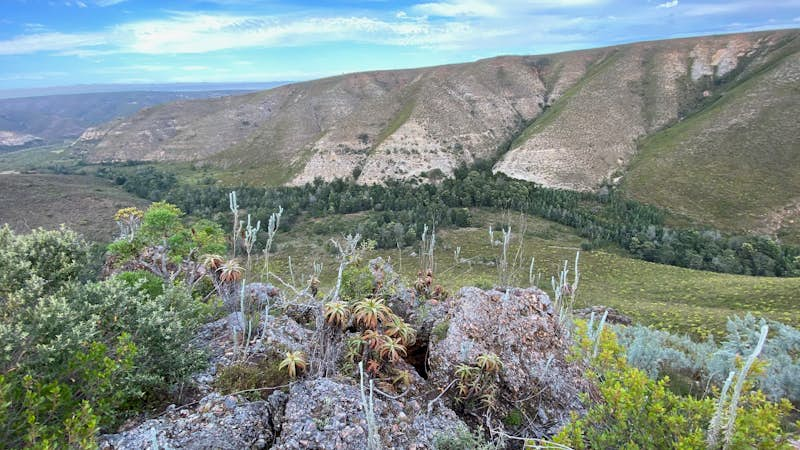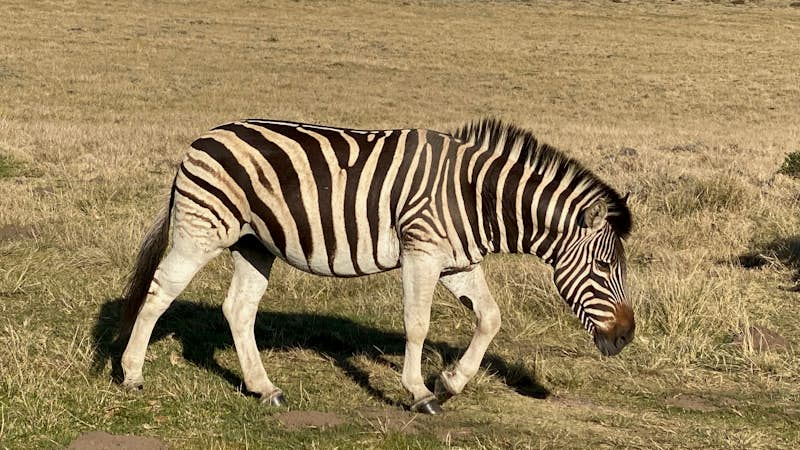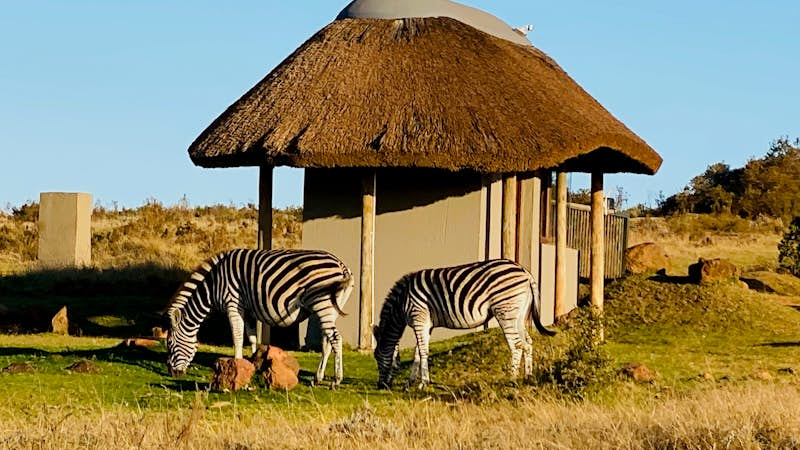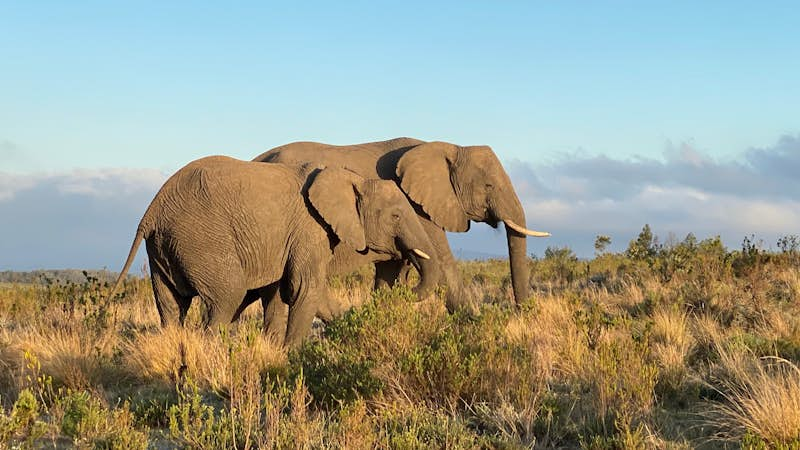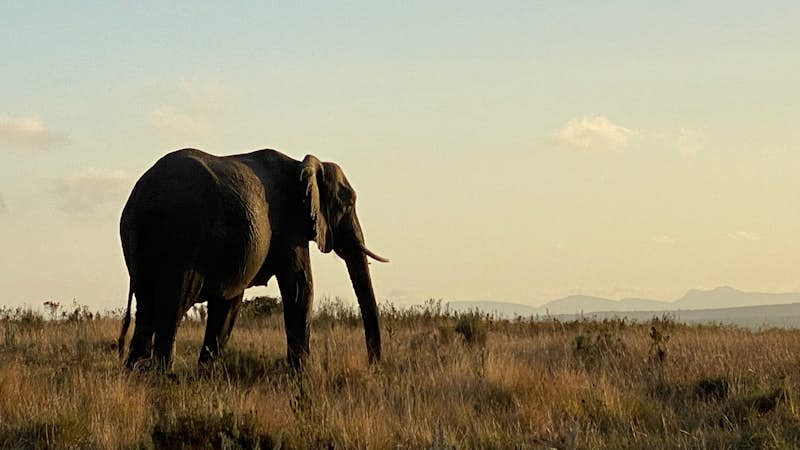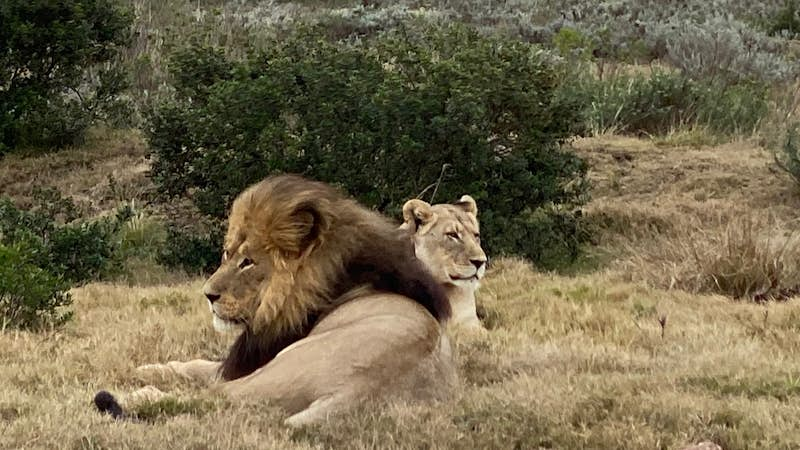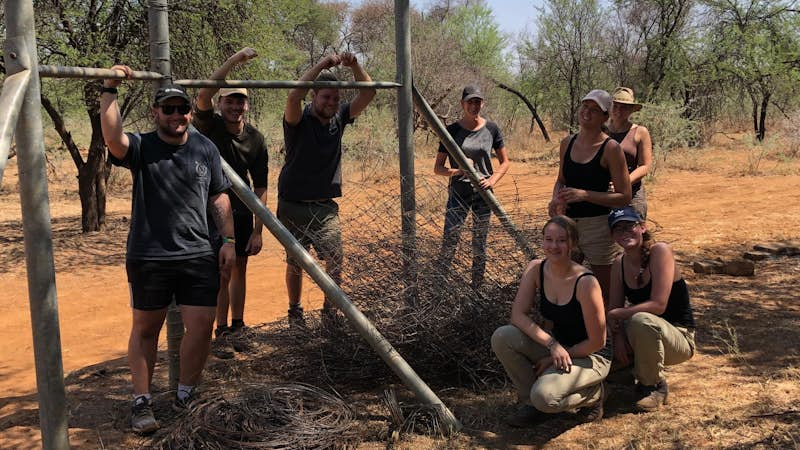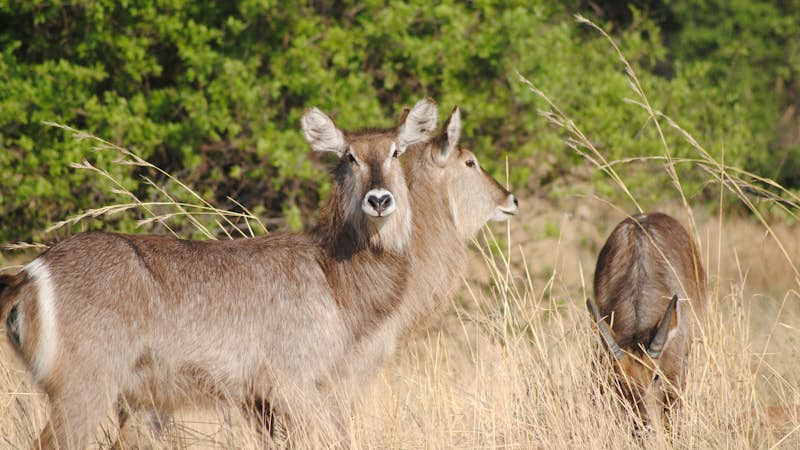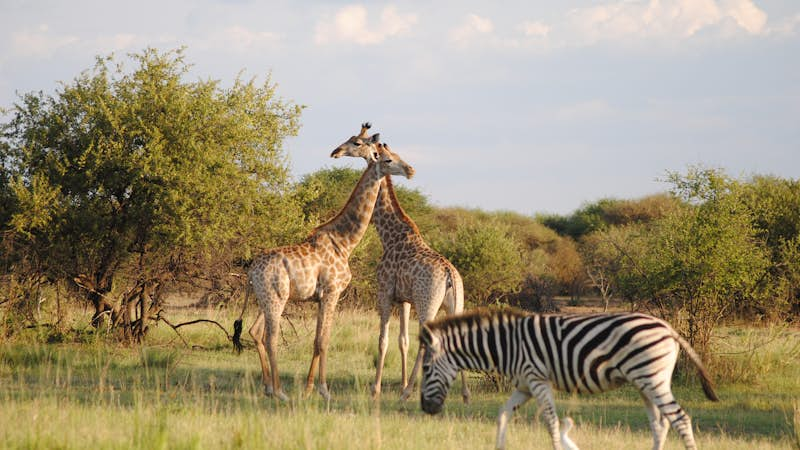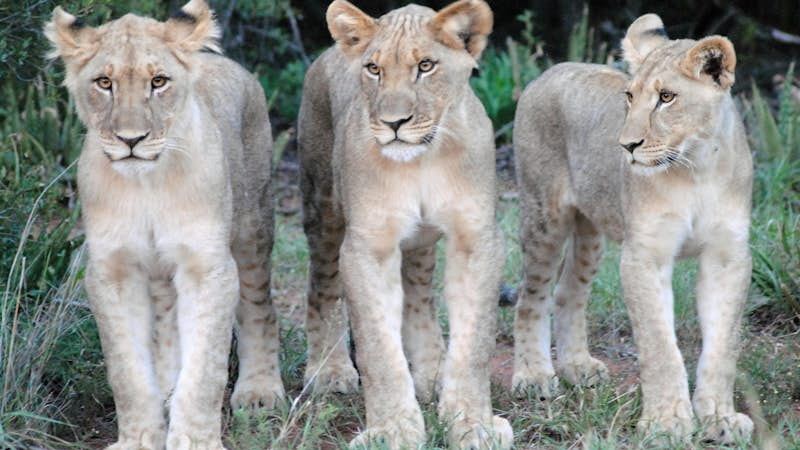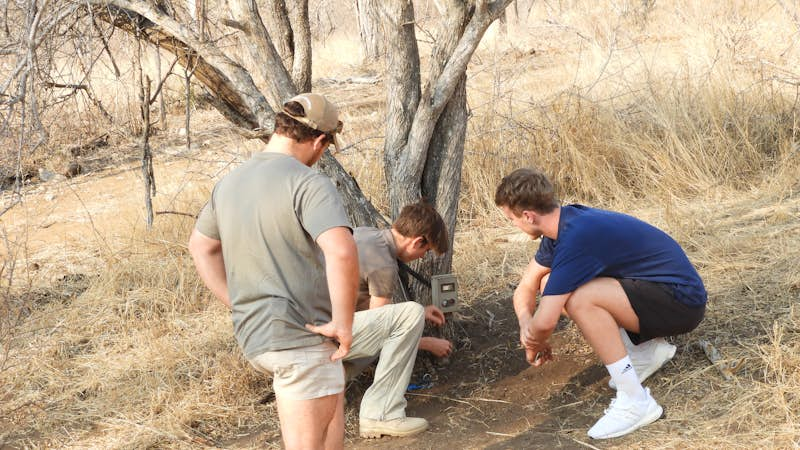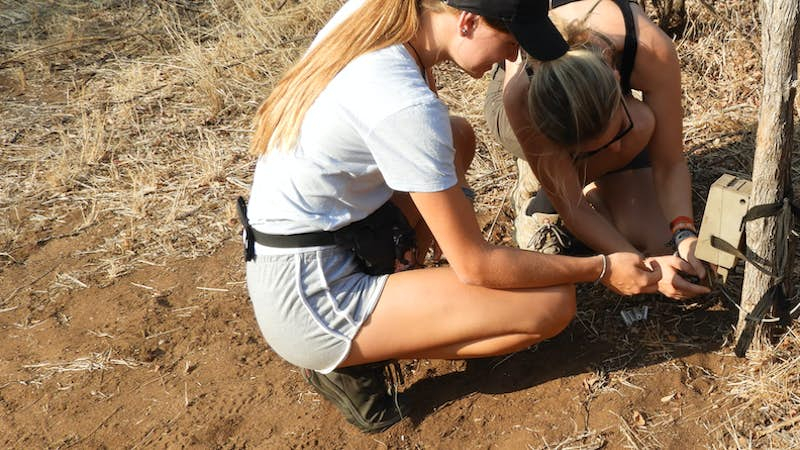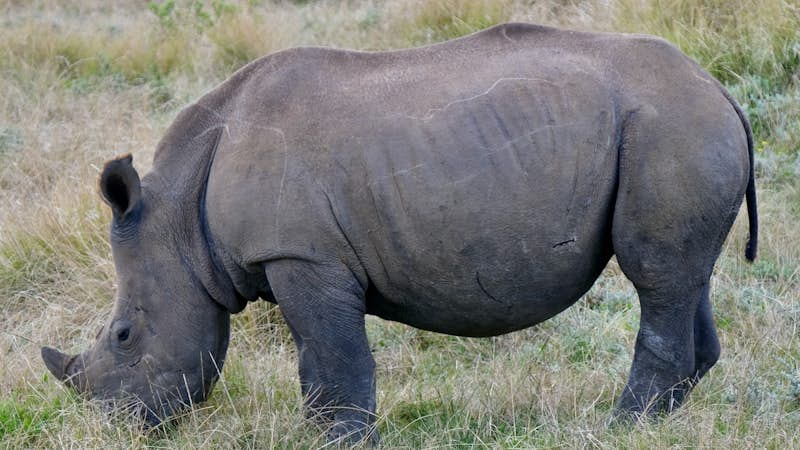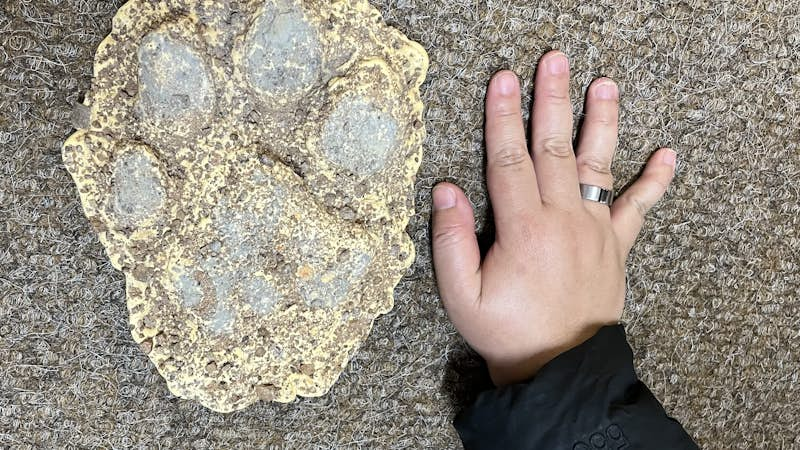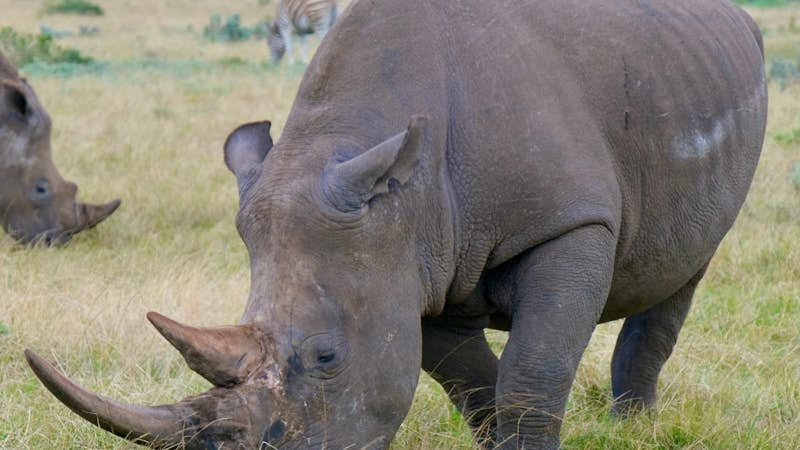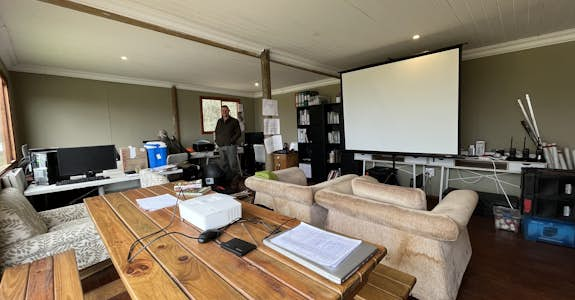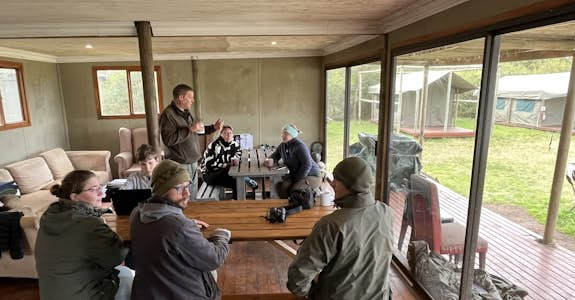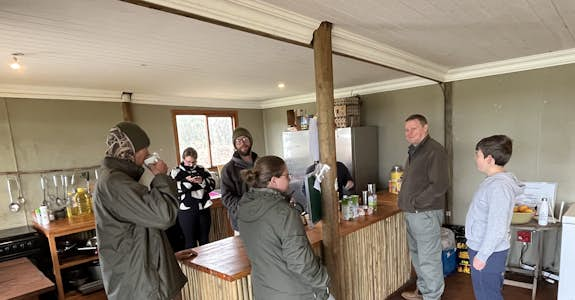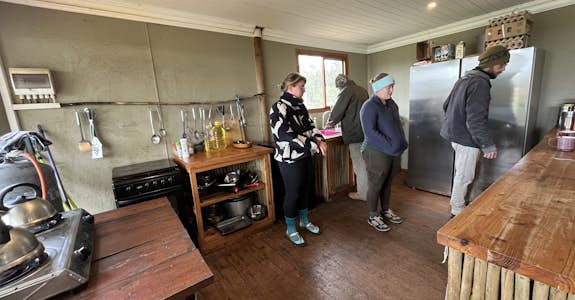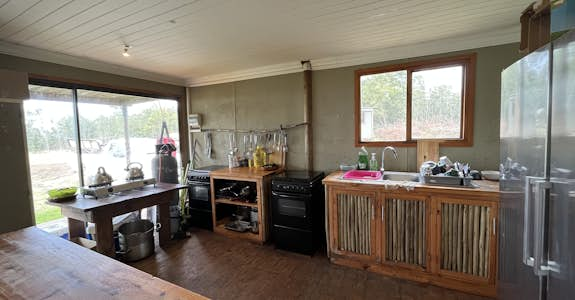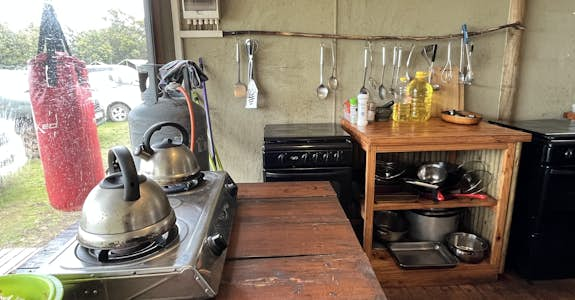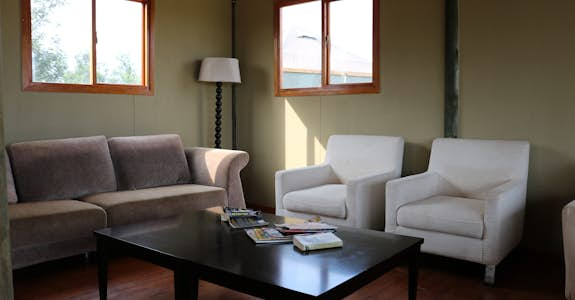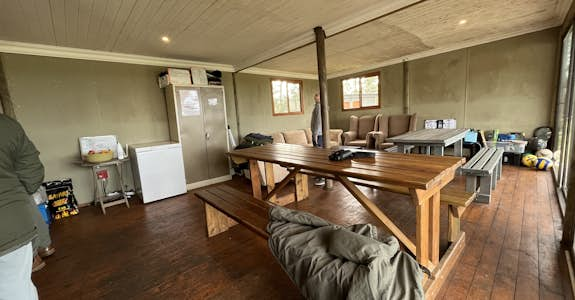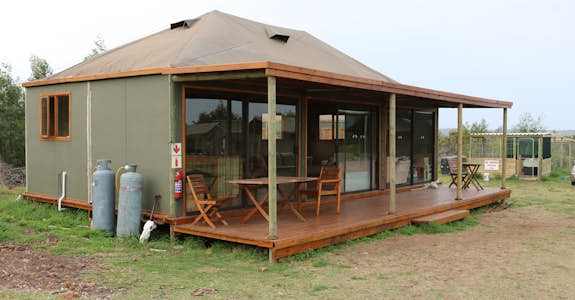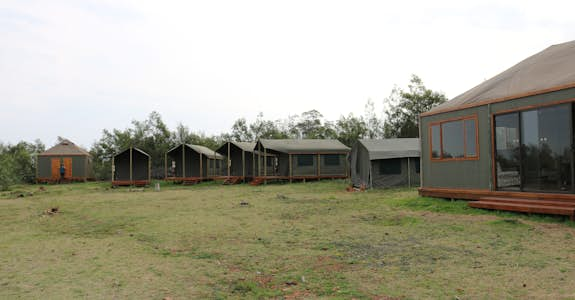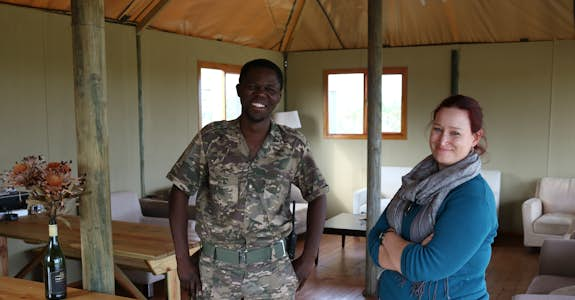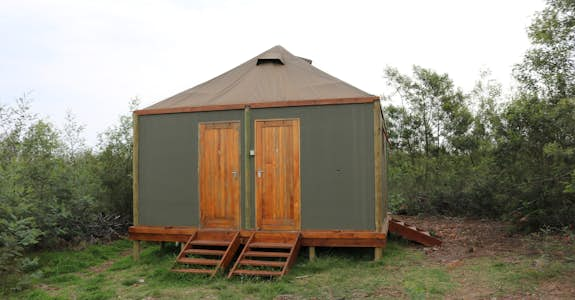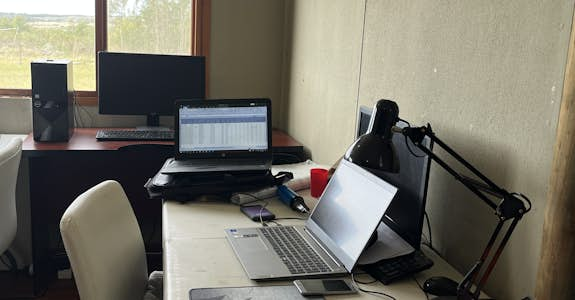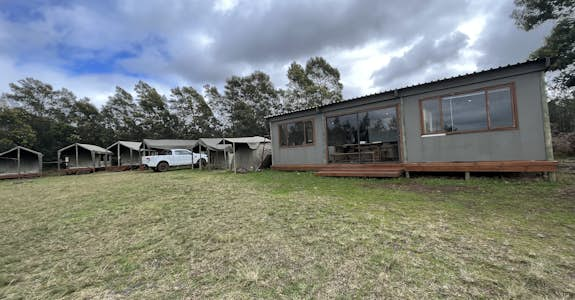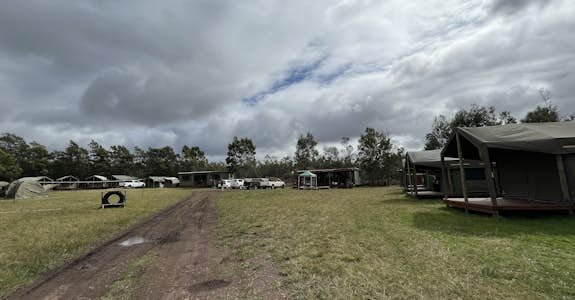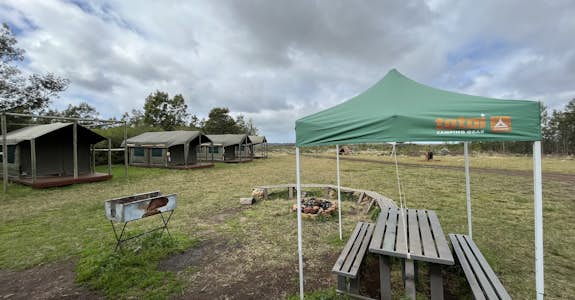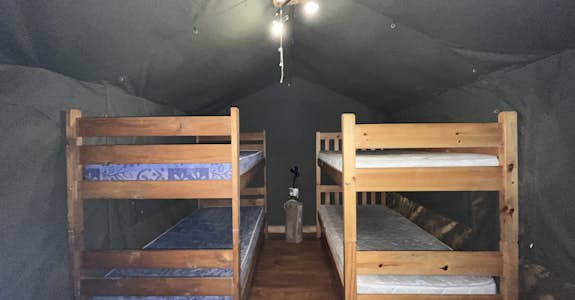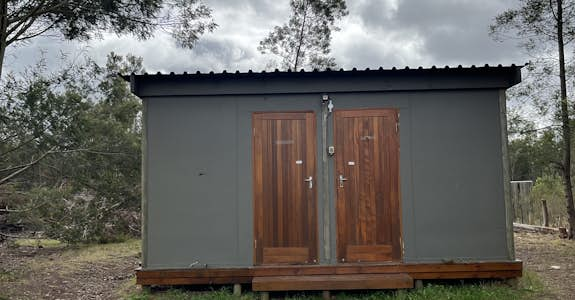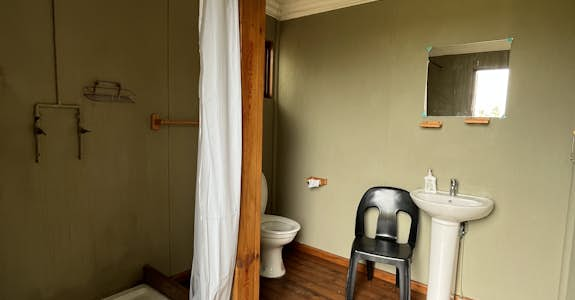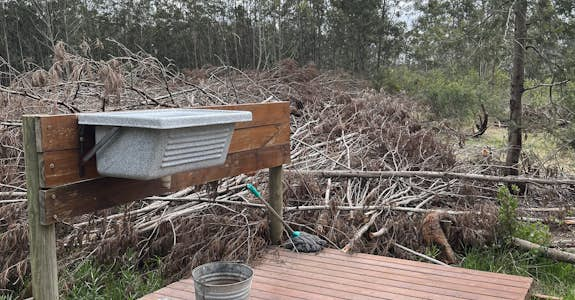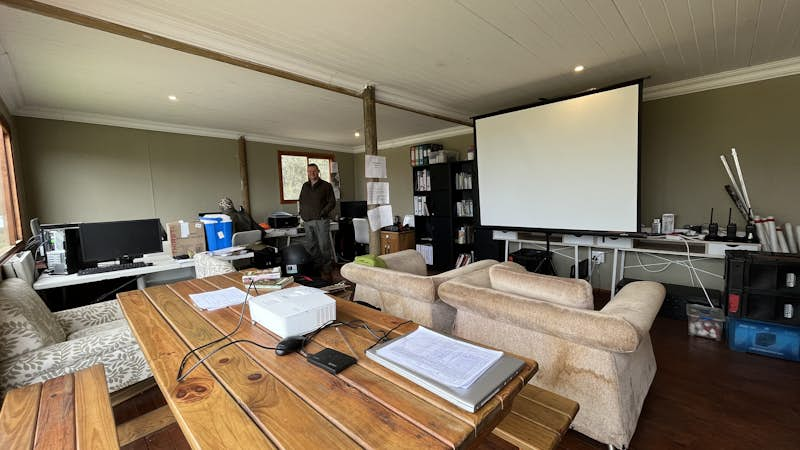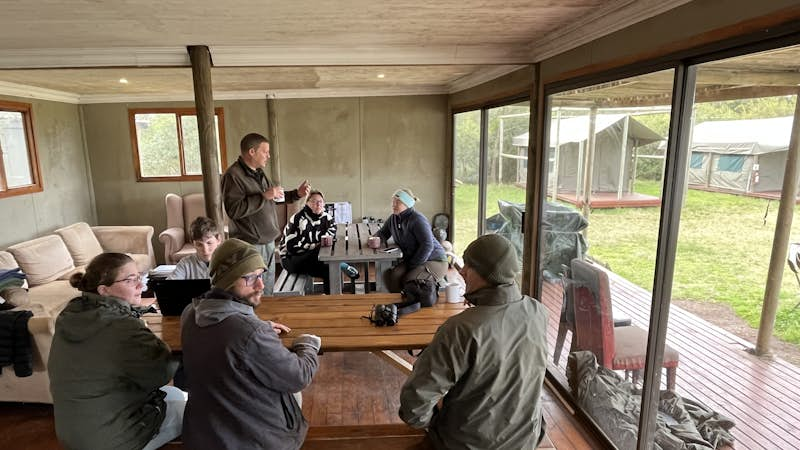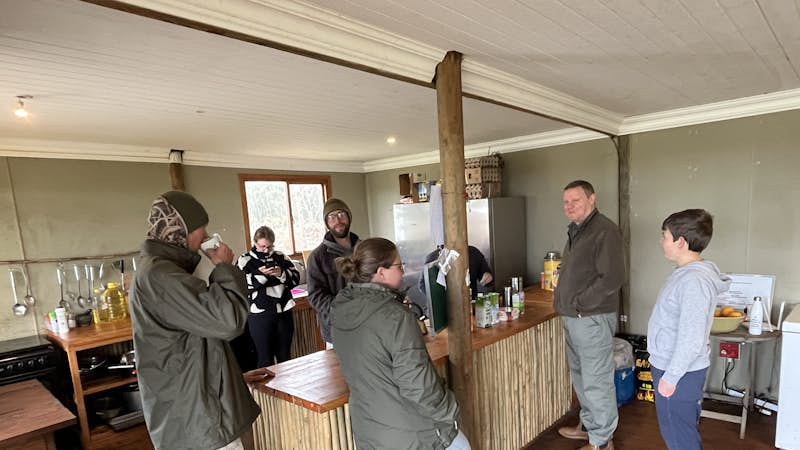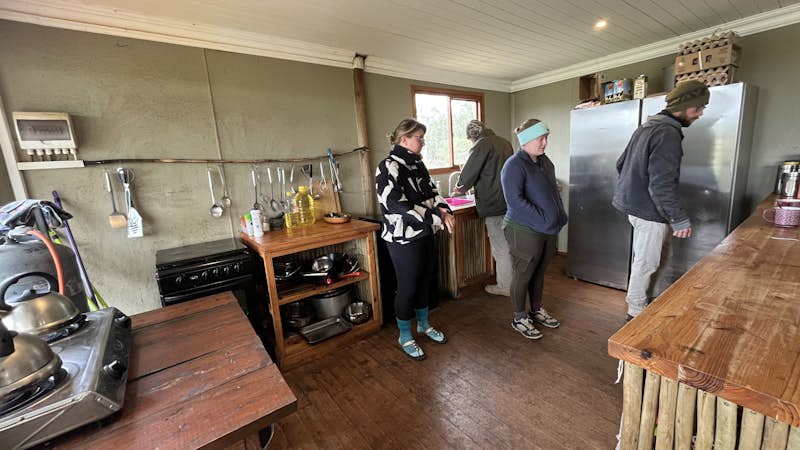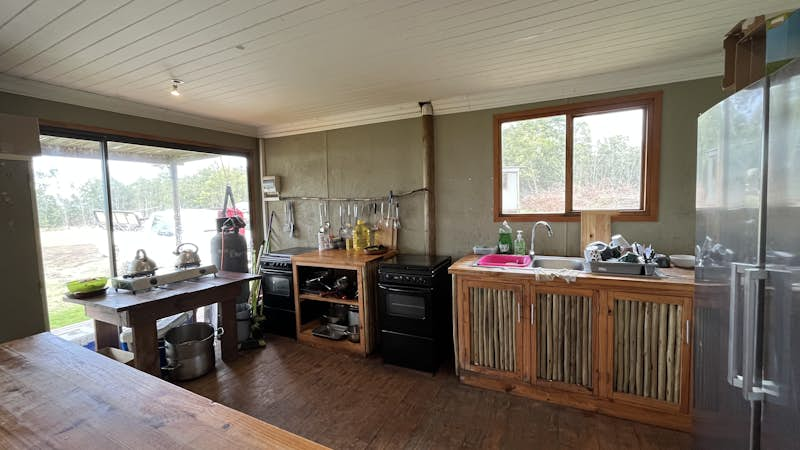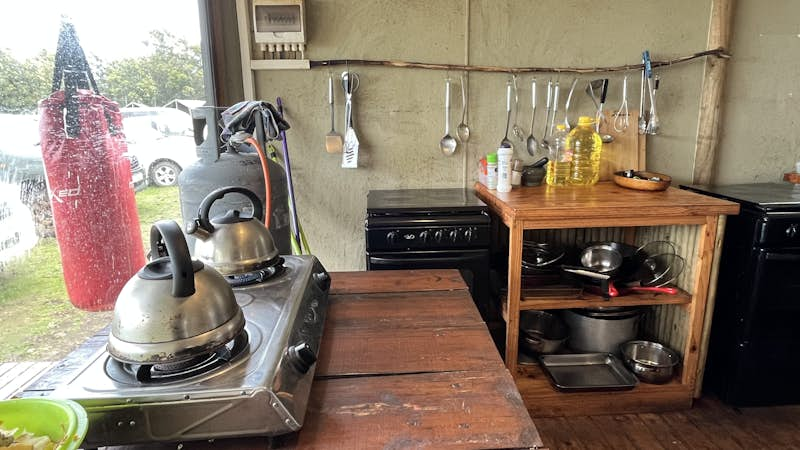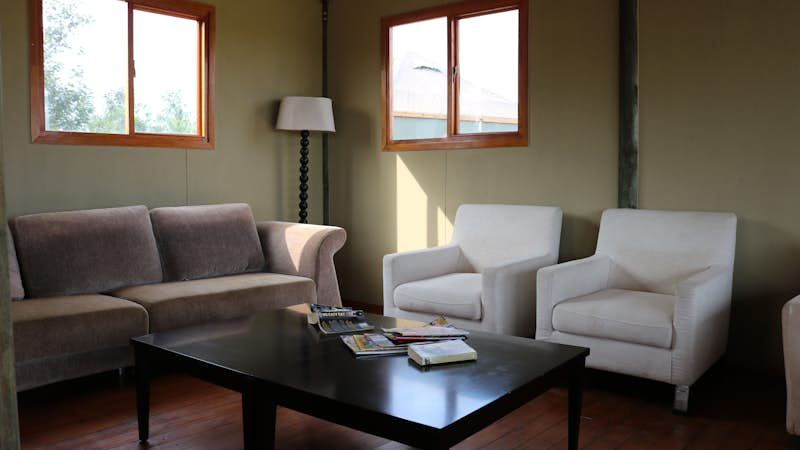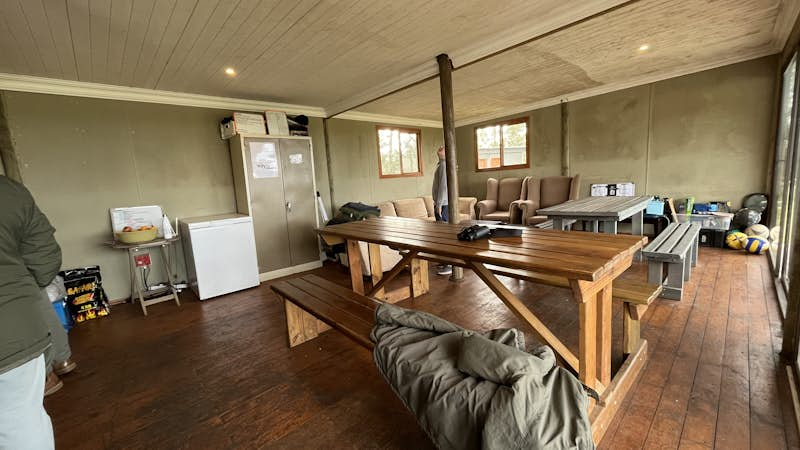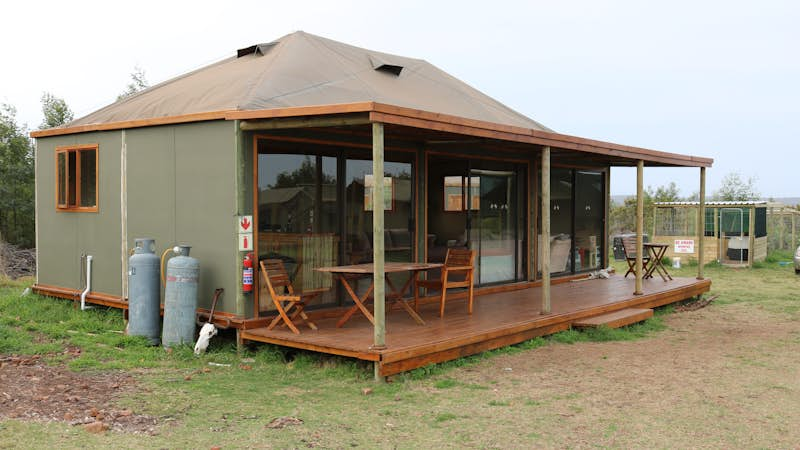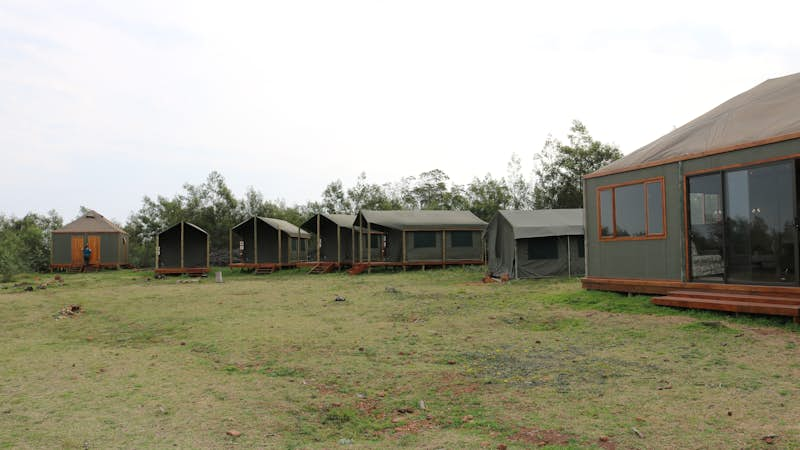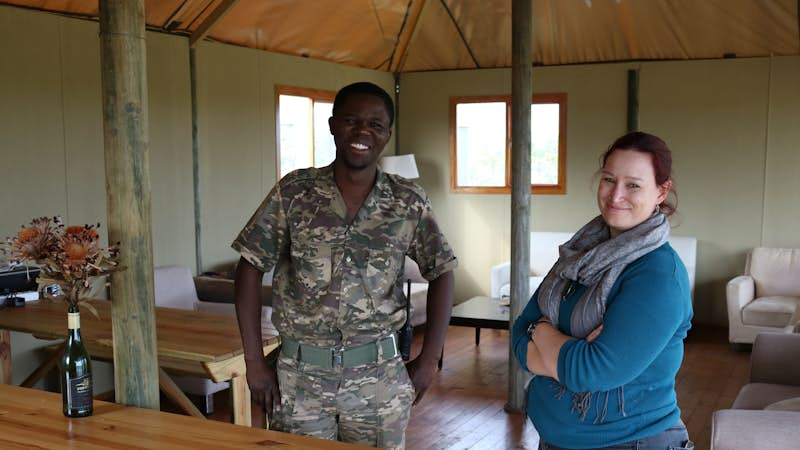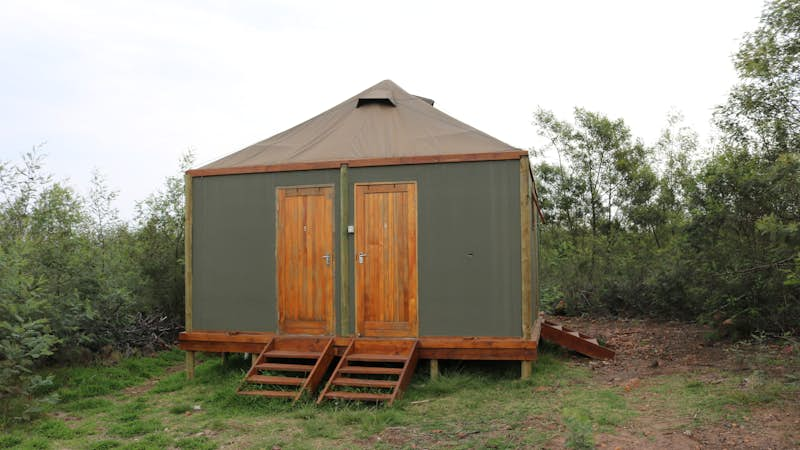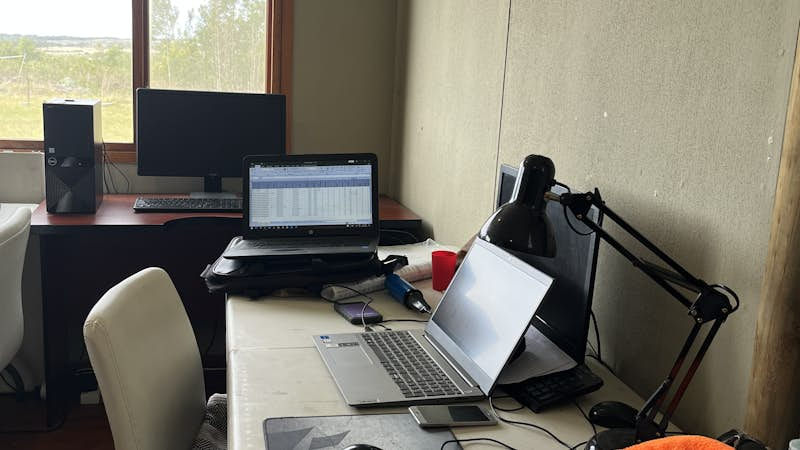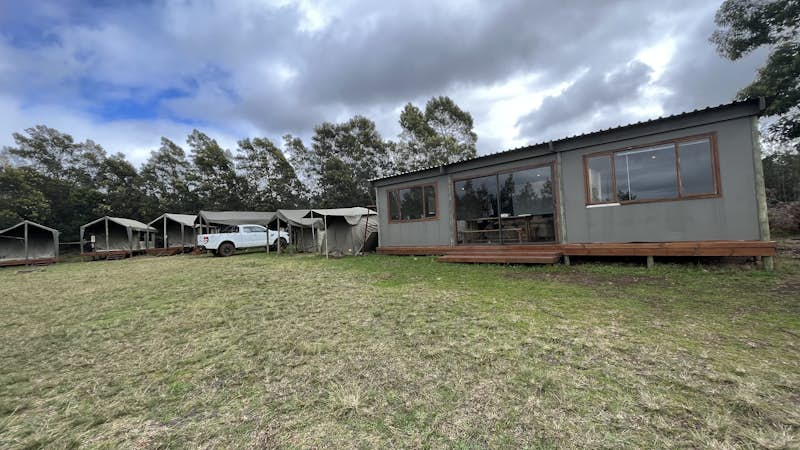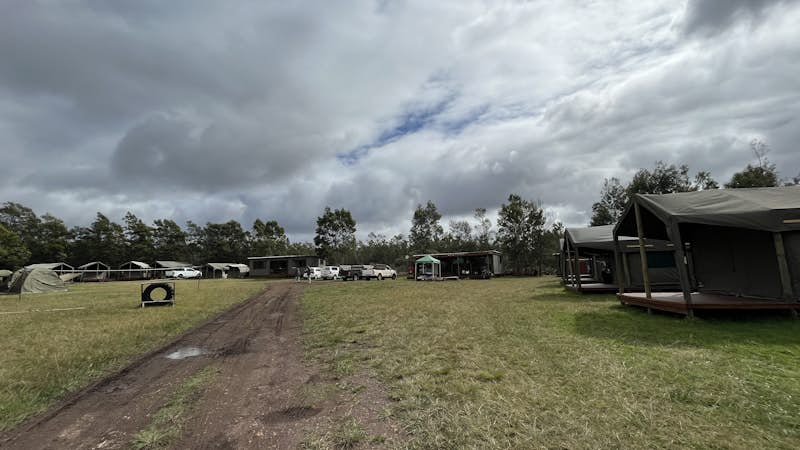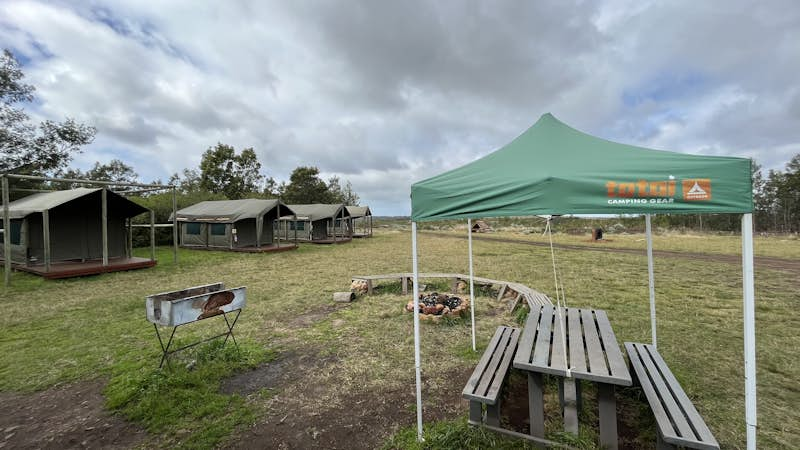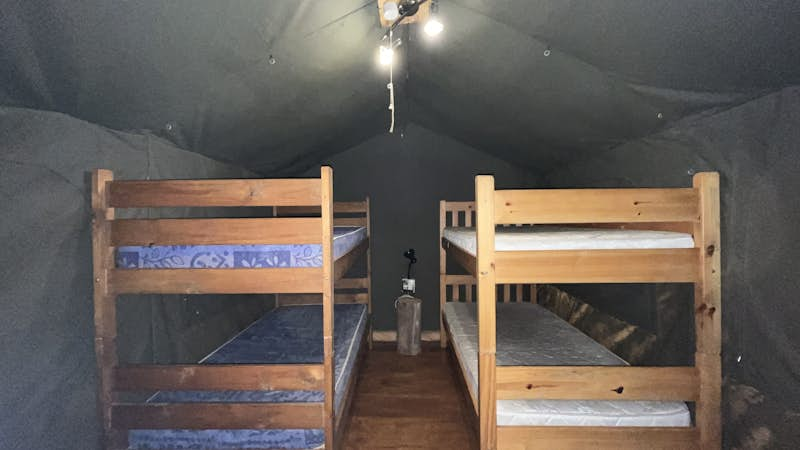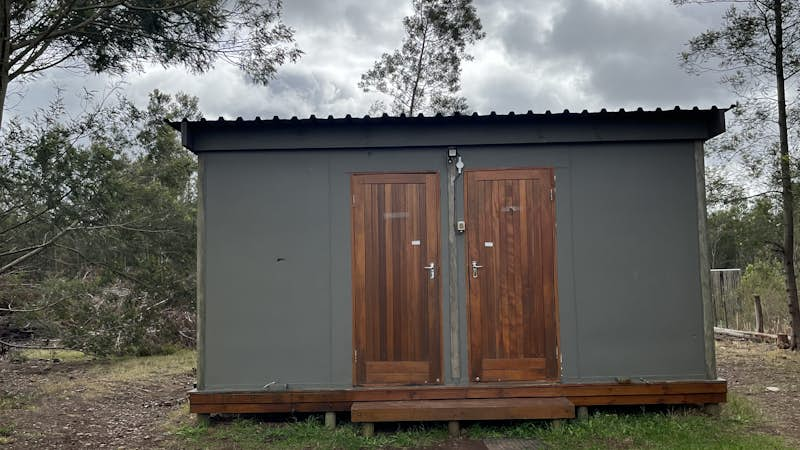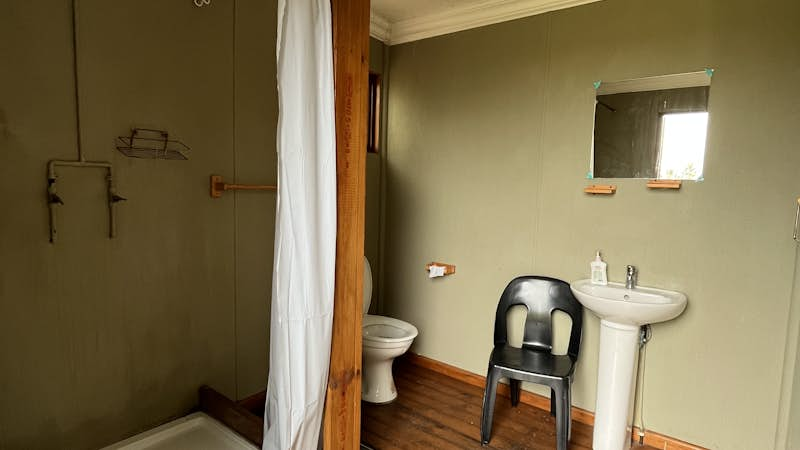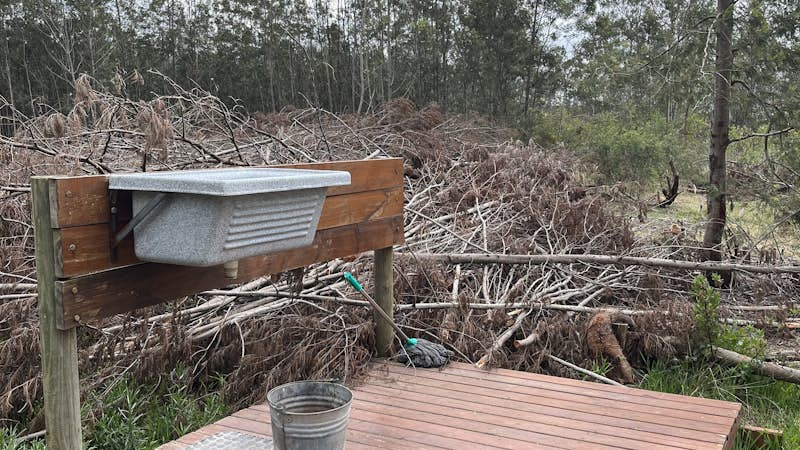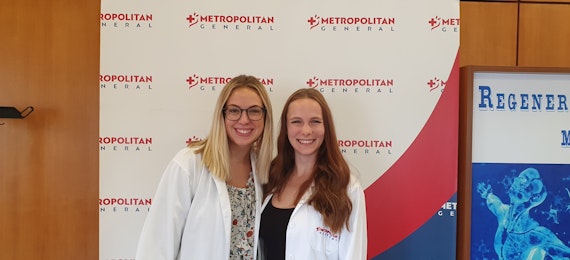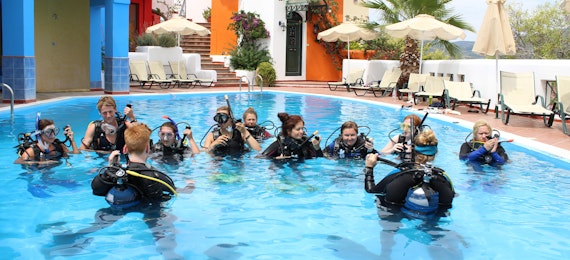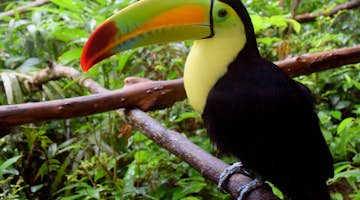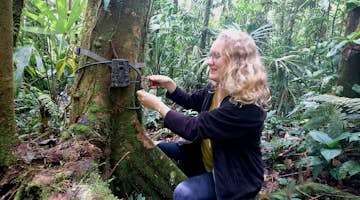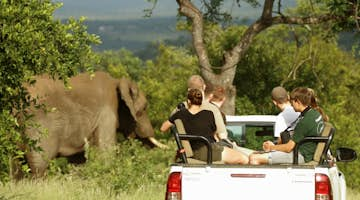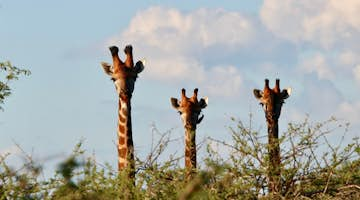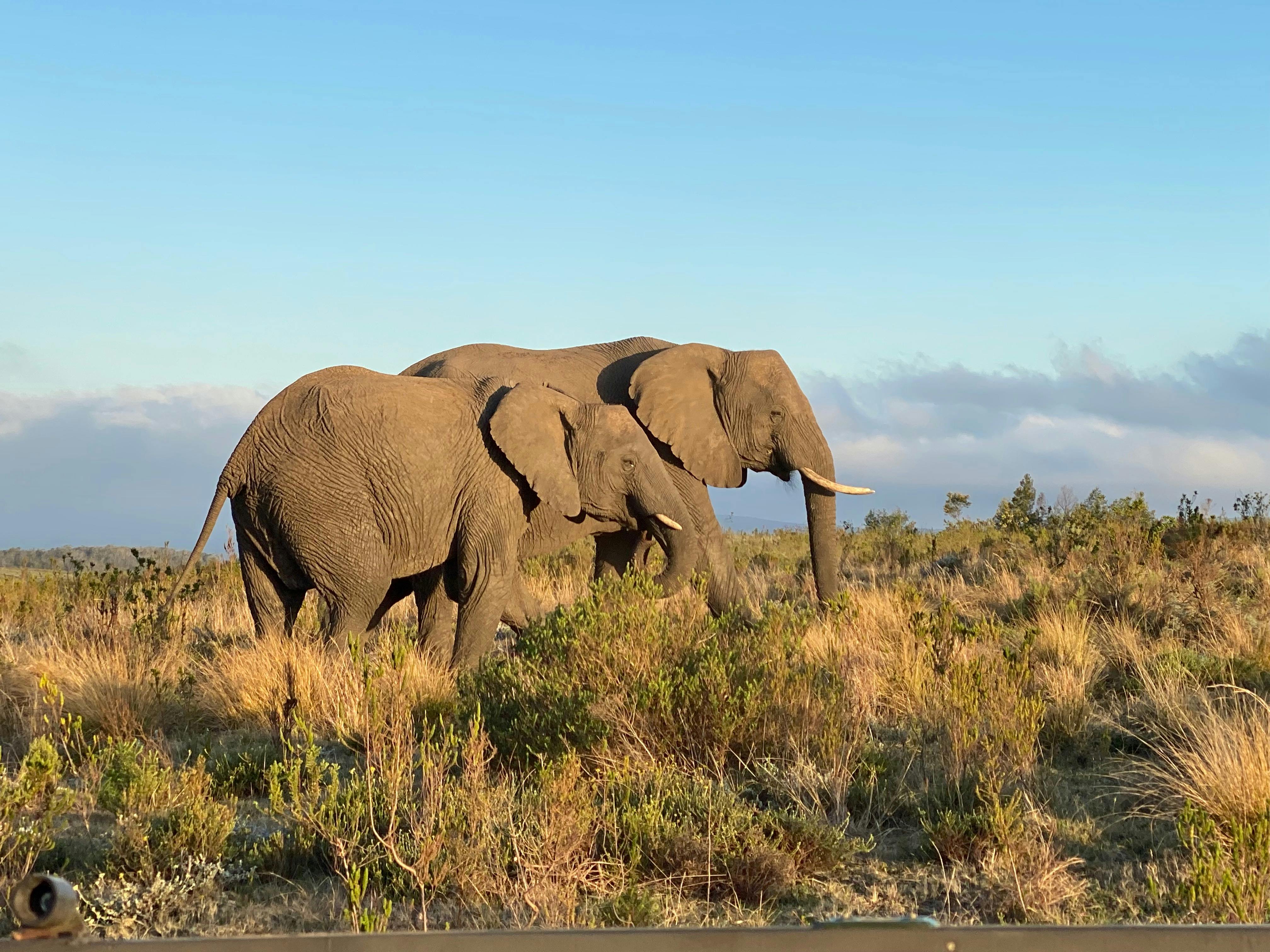
GIS & Reserve Management Internships: Intern abroad in Gondwana Game Reserve, South Africa
Embark on GIS and Reserve Management Internships Abroad at Gondwana Game Reserve! Located in the heart of central South Africa, this leading conservation reserve provides an exceptional opportunity for interns to immerse themselves in the field of GIS. During your internship, you will learn to use GIS software, collect and analyze data on the ground, and apply your skills to tackle pressing conservation challenges in Africa.
What to expect from your GIS & Reserve Management internship:
- Real life experience using GIS and mapping techniques
- Time spent conducting research on an operational game reserve
- Completing a research project with genuine conservation benefits
- Learn about real-world reserve management for conservation
Your internship abroad host organization:
- Gondwana Game Reserve in South Africa
Internship details
Based at the Gondwana Game Reserve, a leading conservation reserve in central South Africa, our GIS and Reserve Management interns will learn how to use GIS software, collect GIS data on the ground, and apply data and skills to solve real-world African conservation issues. Develop essential transferable skills with leading open-source software QGIS.
This is an in-country internship, with accommodation and meals provided. If you can’t quite commit to traveling but still want to participate in our GIS Internship, click here to explore our remote Environmental & Marine Sciences internships that you can complete from home.
The GIS & Reserve Management internship consists of three components:
Preparation
The GIS internship requires interns to spend time familiarizing themselves with GIS prior to the internship. It’s important to be familiar with GIS mapping before arriving on-site, and you’ll need to know and understand basic concepts such as vector, raster, attribute, and projection. A basic overview of map elements is also expected. An online introduction to GIS and our GIS Internship will be provided once you have confirmed your participation, which usually takes between 1-5 hours to complete, depending on your existing level of proficiency.
Bio-monitoring
Upon arrival at Gondwana Game Reserve, you’ll assist with field studies to gain hands-on data collection experience. Activities may include biodiversity surveys, game transects, vegetation assessments, bird-point counts, camera trap servicing, ecological monitoring, and alien plant species removal. There’s also a data processing component.
Your primary focus will be completing the first ten modules of the official QGIS training manual at your own pace, in between optional field activities. Each module includes follow-along lessons using tutorial data, with support from the Field Ecologist. While some fieldwork activities are optional, if you prefer to focus on the GIS modules, you’ll need to gather your own spatial attribute data during surveys (e.g., settlement or fence attributes and crossing points of rivers and canals).
You’ll have access to a Trimble GPS with preloaded software for accurate data collection, enabling you to learn about ground-truthing and the challenges of collecting real-world data.
Conservation project
The third component of the GIS internship is related to assisting a real-world GIS conservation project. You’ll combine your own field data with spatial data held at the reserve to answer important conservation questions and complete a project. This provides useful data for the conservation program, while also providing you with real-world field work and bio-monitoring experience. Interns submit solutions to their supervisor at the conclusion of their internship, for review and feedback. This activity also earns you a relevant certificate of completion, outlining the skills you’ve learned, the types of data you’ve manipulated, and the experience you’ve gained.
Typical Schedule
-
Interns usually work full-time Monday to Friday, but flexibility is important! Depending on weather and research needs, you may occasionally assist outside regular hours or on weekends, and we’ll coordinate to fit your schedule. Your experience is our priority!
What are the career benefits of interning abroad as a GIS & Reserve Management Intern?
GIS & Reserve Management interns learn from a qualified and experienced supervisor, and can be involved in:
-
Using and learning GIS mapping techniques
-
Data collection for field research
-
Assisting surveys, transects, camera trapping, and conservation issues
-
Completing training in QGIS
-
Collecting spatial attribute data
-
Carrying out your own research project in conservation or other issues
Professional development opportunities:
-
Practical application of a range of GIS mapping techniques
-
Experience gathering and interpreting data on a South African game reserve
-
Undertaking a research project based on collected and supplied data
-
Gain practical skills and boost your employability, with guidance from Intern Abroad HQ’s Experiential Learning Curriculum to support your learning and cultural intelligence
Are you eligible for this internship?
Submit a free application so we can confirm your eligibility and check availability for your preferred dates.
Not sure which program to join?
South Africa photo gallery
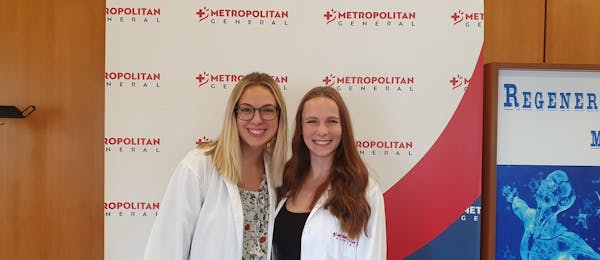
Academic credit available for all internships
Get course credit from your college or university while completing your internship abroad or a remote internship program. It's a great way to meet your academic requirements and gain valuable experience at the same time.
Learn about course creditProgram fees
Applying for our GIS & Reserve Management Internship is completely free! The support package covers the assistance we provide in finding your internship and arranging your living accommodations in your host country, ensuring you thrive during your program.
Please note that a deposit of US$499 is required to confirm your place. The remaining balance (minus your initial US$499 deposit) is due at least 60 days before your internship start date.
Duration |
Program Fee (USD) |
|---|---|
| 4 weeks | $2,909 Equivalent to $103 /day |
| 6 weeks | $3,834 Equivalent to $91 /day |
| 8 weeks | $4,734 Equivalent to $84 /day |
| 10 weeks | $5,689 Equivalent to $81 /day |
| 12 weeks | $6,589 Equivalent to $78 /day |
- Airport pick-up
- Meals
- Accommodation
- 24/7 in-country support
- Program orientation
- Dedicated support before, during, and after your internship
- In-country guidance for social and tourist activities
- Sourcing and securing your internship placement
- Personalization of your internship plan
- Coaching from your supervisor
- Documented portfolio of your experiential learnings
- Academic credit facilitation
- International reference letter
- Certificate of Internship Completion
- Visa (if required), flights, travel insurance (mandatory), vaccinations, criminal background check
- Personal spending money for snacks, drinks, public transport, laundry, and leisure activities during your free time.
Activities and tourism
The Gondwana Game Reserve is located on the Western Cape, so you have the opportunity to explore the region during your free time. The internship schedule is full-time, Monday through Friday. During weekends, the local staff can provide you with guidance and support in regard to arranging excursions to local cultural and historical sites. For example, you could visit ostrich farms, dare to go shark-cage diving, visit Mossel Bay beach, and visit the Bartolomeu Dias Museum Complex. If you’re interested in booking a safari tour (either before or after your internship) please let us know. Our team in South Africa can assist you to plan a safe, affordable and ethical excursion.
Arrival and Orientation
Airport pick up, drop off and accommodation are included in the Program Fee. The accommodation is covered from the Monday night of your start date - interns are required to arrive on their start date and are asked not to book flights until your placement has first been confirmed. Specific instructions will then be provided for arrival and departure logistics.
The main port of entry is George Airport - GRJ. Airport pick up is included in the program fee. George Airport provides domestic flights to Johannesburg, Cape Town, Durban and Bloemfontein through a number of airlines. If you arrive in South Africa at an international gateway (such as Johannesburg, OR Tambo International Airport or Cape Town, Cape Town International Airport) then you will need to arrange a connecting flight into George Airport.
To receive the airport pick up, you must arrive on your Monday start date, as all interns who arrive on the same start date are picked up together, and transported to the camp as one group. Return transfers are also provided on the first and third Monday of each month.
Check what's required to visit South Africa
Check out the widget below to learn about the visa requirements for the GIS & Reserve Management internship in South Africa, based on your country of residence.
Accommodation and WiFi
Accommodation is provided in an established camp within the Gondwana Game Reserve. Interns are accommodated in shared safari tents (2-4 people per tent) on raised platforms. Each tent is equipped with beds, an overhead light, bedside tables and lamps, cupboards and USB charging stations. Bathrooms are equipped with a gas hot-water shower, toilet and basin are located on site. Each bathroom unit will be shared by between two to four people. Please note that accommodation can be limited and interns may be required to share with participants who may not be the same gender.
Common areas of the camp include a fully equipped lecture/lounge area with power, tables and chairs, comfy couches, and a library of guide books, scientific readings, maps and equipment. Interns are responsible for daily cleaning of their own living space. As everyone on reserve camps live together in a group environment, interns are expected to maintain cordial relationships with fellow program participants and reserve staff.
The safari tent accommodation runs solar power with a backup generator. The charging of electronic devices will be organized in rotation. Interns must bring their own towels and toiletries. There are facilities on-site for hand-washing your laundry. However, your laundry can also be sent with the staff member (or volunteer/intern) that does the weekly supplies shopping, as you can pay for laundromat service in town.
Local staff additionally stay onsite at the camp, to provide ongoing supervision and support. This provides an ideal opportunity for interns to gain firsthand knowledge from experienced staff about the challenges and rewards of living and working in Africa reserve areas.
There is electricity available at all of the program accommodation camps, so mobile phones, cameras, iPods and laptops can be easily charged. In South Africa, it’s possible that load shedding can occur. This means that power companies may occasionally reduce electricity consumption by temporarily switching off the power supply to customers. Many parts of South Africa currently experience load shedding. This should not be any cause for concern - just bear it in mind and ensure you keep your devices charged.
Wi-Fi will be available to use in camp. However, access to the Wi-Fi on-site is restricted. Interns may pay approx. US$16 per two weeks with their credit cards. Access is limited to emails and social media only (so no downloading movies, music, etc. These should already be saved onto your device before you arrive). Interns may also arrange their own sim cards and phone data plans, for use on a personal device.
Meals
Meals are included in the Program Fee for this internship. All meals are prepared by interns themselves, from the groceries and food provided by our local team. A roster of duties is scheduled, so that interns can assist with cooking and cleaning as a group effort. The schedule (which can include various other important camp duties) is coordinated at the orientation.
Vegetarian and other dietary requirements must be communicated in advance, so that we can cater for any special meals. There is an additional weekly surcharge if a gluten-free, dairy-free, vegetarian or vegan diet is requested. This is in order to provide specialty grocery items, which are often more expensive in South Africa (i.e. soy milk, gluten free bread/pasta, protein supplements, etc) and may need to be ordered online, in advance, if they’re not available at the local stores. Once you have confirmed your internship participation, you can book and pay for this weekly surcharge in advance.
Interns with special dietary requirements and/or allergies should also come prepared to assist with their own meal preparation. Bear in mind that local restaurants/cafes are limited, so they will also have limited dairy-free / gluten-free / vegan menus.
The Gondwana Game Reserve, located in the Western Cape province has an idyllic climate, second most moderate in the world next to Hawaii. The average temperatures are between 13°C / 55°F in June, and 19°C / 66°F in January. The rainy season, throughout the winter months, is from May through September. During this period, the temperatures can drop to as low as 3°C at night (37.4°F). The most rainfall can be expected from June through August.
What recent GIS & Reserve Management interns said about their experience
Before arriving, I was skeptical that it was too good to be true. However, the experience still exceeded the high expectations I already had. I never wanted to leave and I appreciated my time with all the team members and wildlife. I highly, highly recommend this to anyone, and just remember: the impact and what you take away from this is largely up to you. You will receive multiple layers of support from your Program Manager, in-country coordinator and supervisor. My Program Manager was amazing through and through. All questions and concerns were addressed promptly and always in a friendly, supportive manner. The 8 weeks I spent at the Gondwana Game Reserve were nothing short of phenomenal. There were always opportunities to grow personally and academically in more ways than I could expect. The camp managers were excellent in running the camp in a way that felt friendly but structured, and were always there when you needed it - whether it was a laugh or advice.
Through this internship experience, I discovered the value of adaptability and openness in building connections. By me stepping out of my comfort zone and actively participating in discussions, I was able to foster an inclusive environment. I learned to appreciate the nuances of people’s culture and share my own experiences, which led to more meaningful interactions. This approach transformed my internship into an opportunity for growth, allowing me to form friendships that transcended language barriers and deepened my understanding of global perspectives. This experience reinforced the importance of empathy and communication in overcoming challenges in diverse settings.
My time at the Gondwana Game Reserve went above and beyond any expectations I had. The past four weeks were of incredible growth, both professionally and personally. This internship was truly a once-in-a-lifetime experience that I am beyond grateful for. It was hard to choose only one thing, but the internship provided me with immense personal and professional growth in ways I could have not imagined. I gained so much data-collection experience, from game transects, the bird point counts, helped with the Elephant Reintegration Trust program, learned about the incredible local flora and fauna, and forged lasting connections and friendships I intend to keep nurturing in the coming years. It was also incredibly rewarding at the end to be able to successfully complete my personal GIS research project on Cape Mountain Zebra. I enormously appreciated how all the lectures and teachable moments turned into new knowledge and perceptions of the incredible habitats in South Africa that I did not have before. All the staff and peers I met along the way made this beautiful experience one that I will always remember and that it was very hard to say goodbye to. I am beyond grateful for all the staff that supported us with such dedication along our journey.
This GIS & Reserve Management internship was my first time traveling alone abroad and it is something I will never forget. Our supervisor ensured that we were supported with our GIS questions and that we were on track within our time frames. Alongside this, he consistently went out of his way to ensure we saw the whole reserve and everything that lived within it, with some unforgettable experiences with the lions, cheetah and elephants. I have also made new friends from across the globe who I look forward to meeting up again with and keeping in touch with moving forward.
To read all reviews, visit our reviews page.
